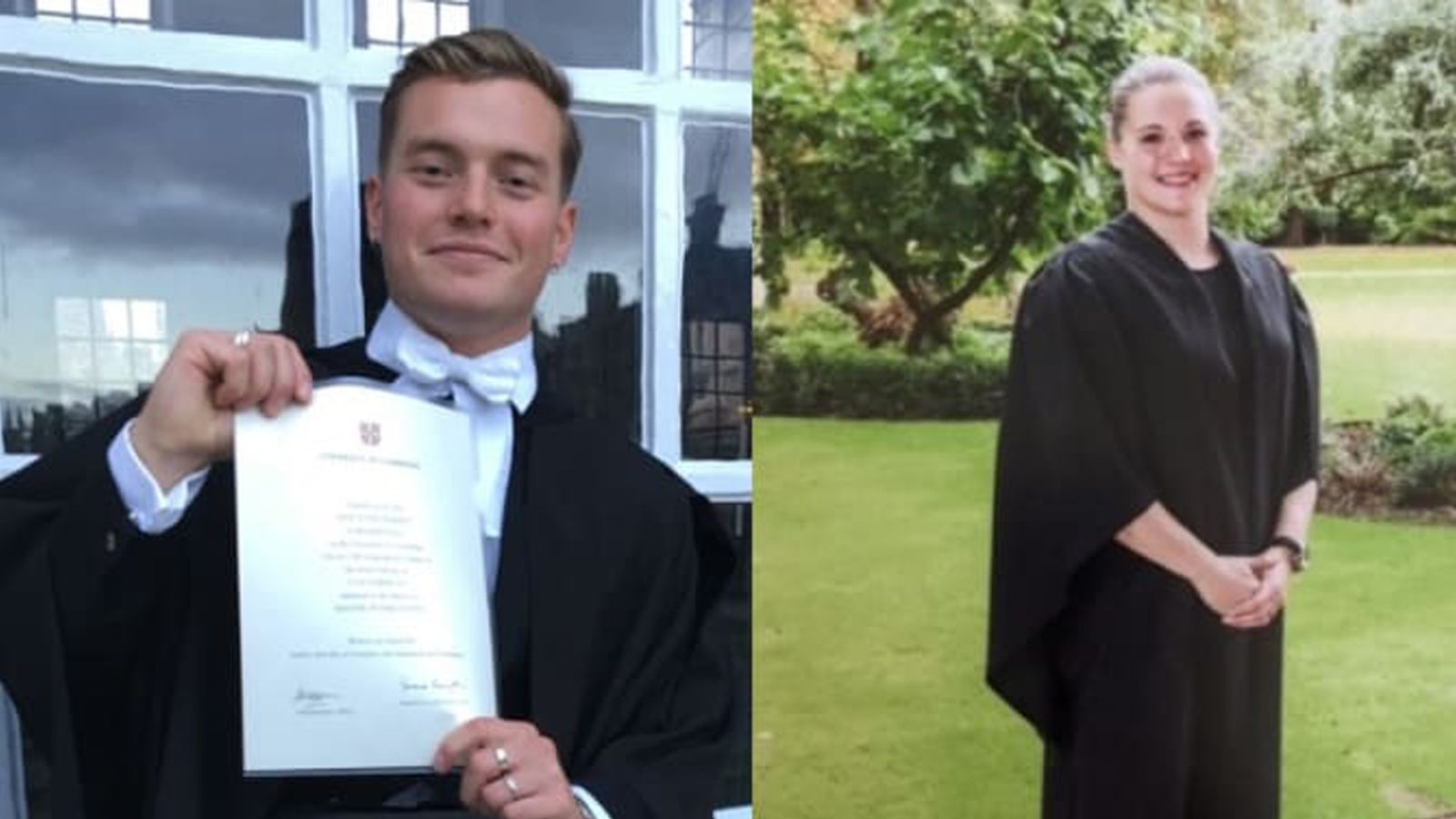Fishmongers’ Hall terrorist Usman Khan claimed he was “rebuked” by extremist preacher Abu Hamza for calling non-believers “dirty”, an inquest jury has heard.
Khan claimed he told Hamza he had “mellowed and lost his edge”, Khan’s theological mentor said.
The mentor, referred to at the inquest as TM, said the story came up at his first meeting with Khan.
In handwritten notes from 18 April 2019, four months after Khan’s release from Whitemoor Category A prison, TM wrote that Khan told him Hamza “rebuked me” for referring to non-believers as “dirty kuffar [infidels]”.
The notes added, quoting Khan: “I was young, angry, brash. He had changed. I lost some respect for him then but now see he had reviewed and realised he had regrets about his previous behaviour.”
The mentor, who cannot be named, said: “This caused me to raise my eyebrows and I asked him about the context and he said he had perhaps been seeking to gain points in Abu Hamza’s books when he first met him and prove his extremist credentials.”
Hamza had allegedly told him the language he had used was “out of order” and Khan added that he was “disappointed in Abu Hamza and thought he had mellowed out or lost his edge in incarceration”.
But Khan also apparently said he “now realised that someone as entrenched as Abu Hamza had also had the opportunity to rethink some of his previous decisions”.
Hamza was previously jailed in the UK for inciting violence and was extradited to New York after an eight-year legal battle.
He is currently serving a life sentence in the US for terrorism offences.
Khan stabbed and killed Jack Merritt, 25, and Saskia Jones, 23, who were working on a Cambridge University prisoner rehabilitation project at a conference at the Fishmongers’ livery company in November 2019.
Jonathan Hough QC, for the coroner, asked TM: “Simply in terms of following current affairs, it may come as a surprise to hear he (Hamza) had mellowed. Did you regard that as a rather dubious story?”
The mentor said: “In and of itself I wasn’t able to make a decision on it. I was aware Abu Hamza had been extradited to the US and part of his defence was that he had sought to work with the authorities at a certain point.
“I have worked in Belmarsh and heard of cases of quite extreme and angry individuals who over a number of years change quite significantly in terms of their outlook and presentation.”
The mentor said he spoke to Khan for the first time for three hours – an hour longer than planned – at a probation hostel.
“The fact this went on for a whole extra hour demonstrated how profuse Mr Khan was in sharing his stories,” TM said.
“He did so with a lot of passion – he was a compelling storyteller.
“For me as a theologian – not only what he was claiming but the way he could substantiate that using theological references – we could have an argument.
“I came away thinking I could spend a great deal of time with Usman but he was saying the right things and doing it quite persuasively.”
But TM said he now believed Khan was “being patently dishonest and trying to game the system”.
Khan apparently spoke about hearing an account of the Taliban attack on schoolgirl Malala Yousafsi, which shocked him, and made him want to have nothing to do with the “Emirate of Afghanistan” – also known as the Taliban.
The mentor told the inquest that at the time he found the story “very plausible and compelling” but now knew that “at pretty much the same time he himself was involved in trying to attack people for their anti-extremist views”.






















